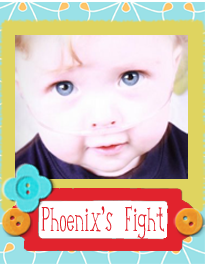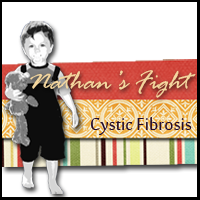So...not a lot of people know what my major is and what it all entails. I get questions everywhere I go about HIM (Health Information Management). It's a fairly new field and is quite interesting. It is not just coding...which everyone seems to think. HIM used to be called "Medical Records", but has taken on this new term to include the new world of technology! HIM professionals are in great demand right now and are actually paid really well! This is great field for those who want to be in healthcare, but don't want any direct patient contact. So here is a little bit of information.
“We have been through the decade of health IT –health information technology; we have now entered the decade of health IM - information management". -AHIMA
Health information management is the study of the principles and practices of acquiring, analyzing, and protecting digital and traditional medical information vital to providing quality patient care. HIM professionals are experts in managing health information using both automated (electronic health records) and manual (paper-based records)information systems.
HIM professionals are credentialed by the American Health Information Management Association (AHIMA) as Registered Health Information Administrators (RHIA). This credential requires a bachelor's degree (4 years) and successful performance on the RHIA certification exam. RHIAs are skilled in the collection, interpretation, and analysis of patient data. In addition, they receive the training necessary to assume managerial positions related to these functions. RHIAs interact with all levels of an organization -- clinical, administrative, financial -- that employ patient data in decision making and every day operations.
HIMs also design and maintain health information systems to collect, assess, and disseminate clinical and administrative data. Health care professionals can use the data in education, research, utilization management, quality assessment and improvement, and decision making. Health services administrators utilize the data in financial management, facilities planning, and operational and risk management.
Employment opportunities exist for the health information professional in any industry that utilizes patient data. Health information technology careers are found in a variety of settings including: healthcare facilities (hospitals, clinics, etc.), consulting firms, government agencies, insurance companies, healthcare IS/IT vendors, pharmaceutical companies, as well as many other environments.
Most of you are probably used to seeing a paper chart or medical record. Now, a lot of medical professionals and organizations are moving to what's called hybrid medical records (which is a combination of paper-documents and electronic documents). And some, are trying to move to completely electronic health records. Our number one priority is to enhance patient care. And we are trying to do that by moving to electronic health records or documenting software! I find all of this very interesting, as I love computers (hence my previous major-MIS) and healthcare.
Even though I've decided to go back to nursing school, i know my knowledge in HIM will enhance my nursing career. And when I no longer want to practice nursing, I have my HIM degree to fall back on!
Goodbye 2025
1 month ago




















2 comments:
wow, thanks for the information. Now, what's gonna happen to all of the people who are currently in medical records without bachelor's degrees? Will the be forced out? Isn't the new president interested in getting medical records completely digital?
Very cool to learn!
Post a Comment